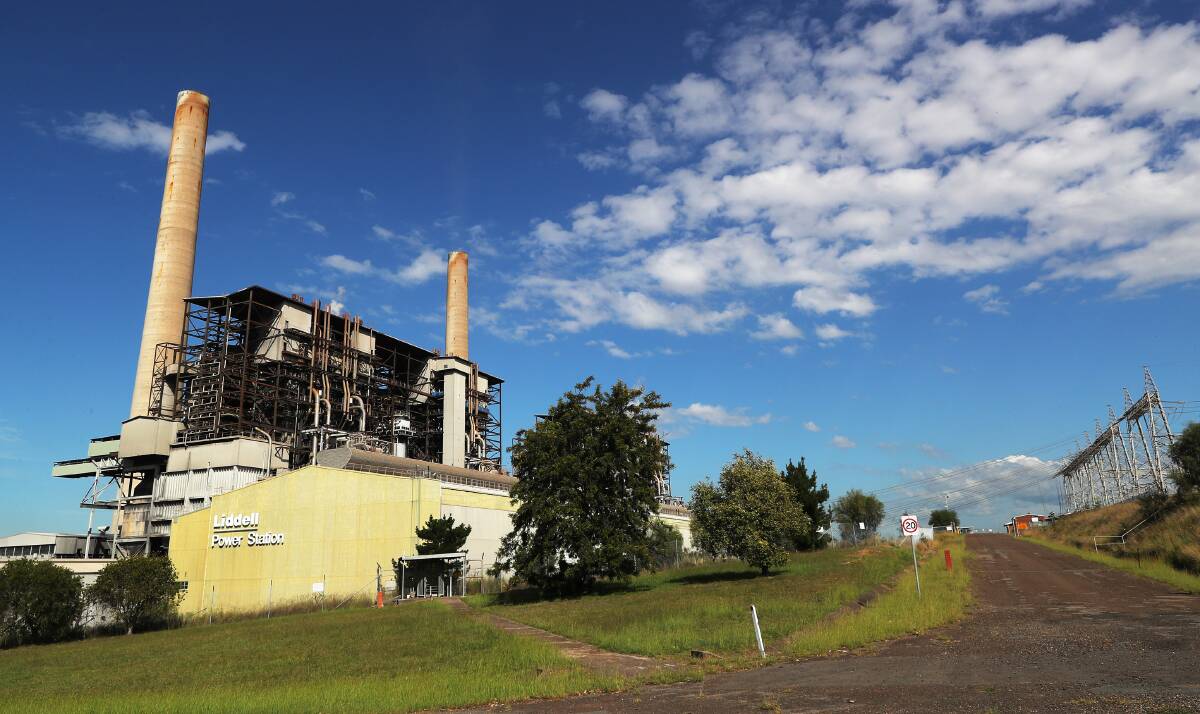
Federal Energy Minister Chris Bowen will visit Liddell Power Station on Wednesday to thank workers who have played a role in keeping the iconic plant running for the past 52 years.
It comes ahead of Liddell's closure on Friday. The day will not only mark the end for Australia's oldest operating coal-fired power station but also represents a major milestone in the state and Hunter Region's clean energy transition.
"I thank the many thousands of employees who've worked here at Liddell and played an important role in powering Australian homes," Mr Bowen said.
"Some of the workers here have been at Liddell for more than 40 years - and I wanted to visit today to acknowledge their contribution firsthand.
"I'd also like to thank AGL, workers, the broader community and the union movement for the way they have planned this week's closure, which will see no involuntary redundancies and most employees transition to similar roles nearby."

Both the state and federal governments have acknowledged the challenges associated with loss of the plant's baseload power, but they remain confident the state's energy supply is secure.
Mr Bowen cited the government's recent landmark agreement with the states and territories to establish a Capacity Investment Scheme to drive new dispatchable capacity to ensure energy market reliability.
The new revenue underwriting mechanism will unlock an estimated $10 billion of investment in over 6 gigawatts of clean, dispatchable power over coming years.
Despite the impending loss of the region's four coal-fired generators over the next decade, Mr Bowen said the Hunter would remain vital to Australia's energy future.
"Regional communities, like the Hunter, are at the heart of Australia's energy transformation," he said.
"A key priority for the government is to support workers in traditional industries through the global transformation to more renewable energy - we need highly-skilled workers for new and emerging industries such as offshore wind and hydrogen - whether it be trades essential to mining, grid transmission capabilities or electrical skills."
About 65 per cent of the 180-person Liddell workforce will move to the neighbouring Bayswater generator. The remainder are due to retire.
The remainder of the year will be spent decommissioning the Liddell site before one of the state's largest industrial demolition projects gets underway in early 2024.
The project will continue for about two years before the site is reborn as a clean energy hub that will feature an estimated $1 billion-plus portfolio of industries including agriculture, clean energy and firming technologies, composting, coal ash recycling, green metals and advanced manufacturing.
To see more stories and read today's paper download the Newcastle Herald news app here.







